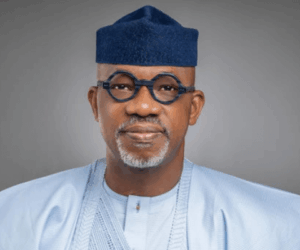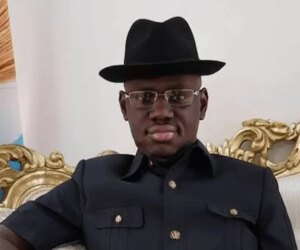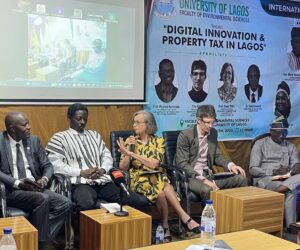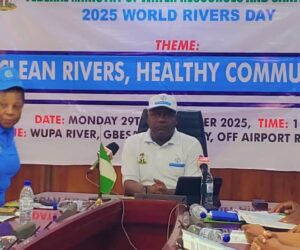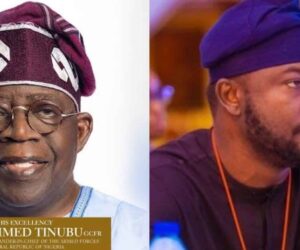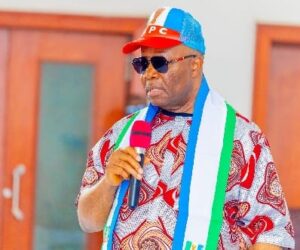ActionAid Nigeria (AAN) marked its 25th year of operations in the country on Tuesday, with the Secretary General of ActionAid International, Arthur Larok, joining other dignitaries to celebrate the organisation’s work and outline plans for its next phase.
The organisation said it has spent the past two decades addressing challenges such as poverty, inequality, corruption, and poor governance through collective action, sustainable approaches, and political engagement.
According to ActionAid Nigeria, these efforts have contributed to “systemic changes” in areas including healthcare, education, agriculture, and inclusive governance.
Beyond celebrating its achievements, stakeholders at the event are also reflecting on the organisation’s future direction.
The Director of Business Development and Innovation, Nkechi Ilochi-Kanny, said marking 25 years of salvaging humanity is worthy of acknowledgement and that the renewal of commitment was necessary towards achieving the set objectives.
Origin and expansion
Although ActionAid International is 53 years old, ActionAid Nigeria was established in 2000, coinciding with Nigeria’s return to democratic governance.
The organisation noted that this provided “a hitherto rare atmosphere for development organisations to operate and collaborate” in addressing gaps in national development.
With a seasoned practitioner with Voluntary Service Overseas (VSO), the pioneer Country Director of AAN, Charles Abani, built a credible presence capable of mobilising communities, donors, and government partners in the country.
By 2004, under Mr Abani’s leadership, ActionAid Nigeria had grown its seed fund of £500 into over £4 million through institutional donors, including the European Union, DFID, USAID, and the World Bank.
With programmes in education and health initiated, coalitions such as the Civil Society Action Coalition on Education for All (CSACEFA) and the Civil Society Consultative Group on HIV/AIDS in Nigeria (CiSGHAN) emerged as vital partners in advocacy and intervention to tackle systemic barriers to education and healthcare.

Today, whether in health, education, agriculture, commerce, or human rights, AAN said it has mobilised people to achieve the best results through various initiatives such as the Citizens’ Led Engagements on Judicial Accountability in Post-Election Justice Delivery in Nigeria (CLEAP JUSTICE), which birthed the Independent Judicial Accountability Panel (IJAP), as well as the reputable Women’s Voices and Leadership (WVL) project.
AAN also initiated other projects, including the Strengthening Citizens’ Resistance Against Corruption (SCRAP-C), STAR Circles, Poor Education Plus, Family Life and HIV Education, and the Commonwealth Education Fund.
Next level
As part of its efforts to renew its pledge to advancing humanitarian interventions in the country and beyond, ActionAid Nigeria has lined up a series of activities not only to mark the quarter-century celebration but also to clearly identify the next steps it aspires to take.
On Monday, 24 November, the organisation set out with an internal gathering of its committed workers, celebrating collective efforts and achievements over the years.
“We not only reflected on our journey so far, but also discussed our vision for the next 25 years, envisioning ActionAid Nigeria at 50 years, transitioning into a wealth-creation organisation,” Ms Ilochi-Kanny said.
On Tuesday, supported by the ActionAid Nigeria International Secretary General, AAN will visit a community in the Federal Capital Territory (FCT) to interact with beneficiaries of various interventions.
Meanwhile, on Thursday, the organisation said it will honour its long-standing and outstanding partners in recognition of their contributions.






